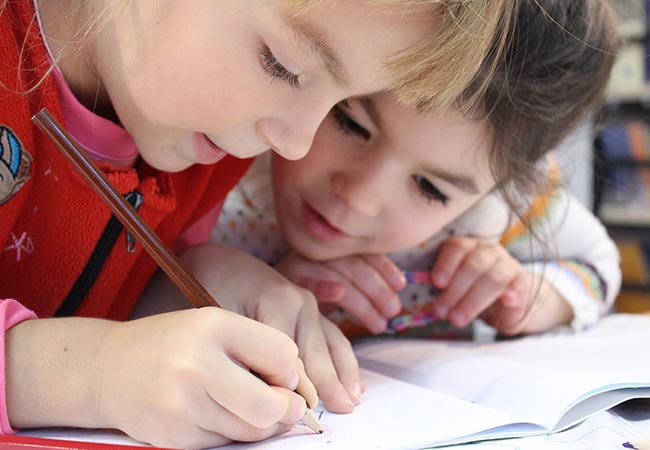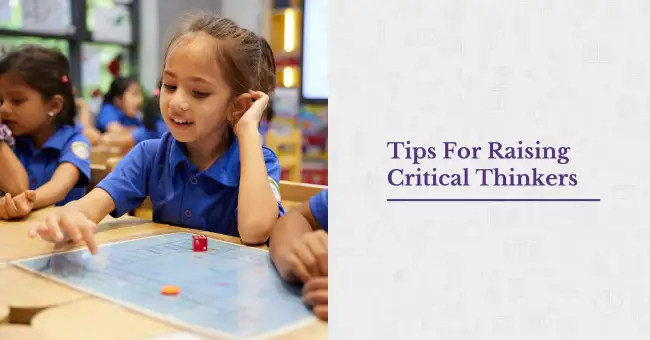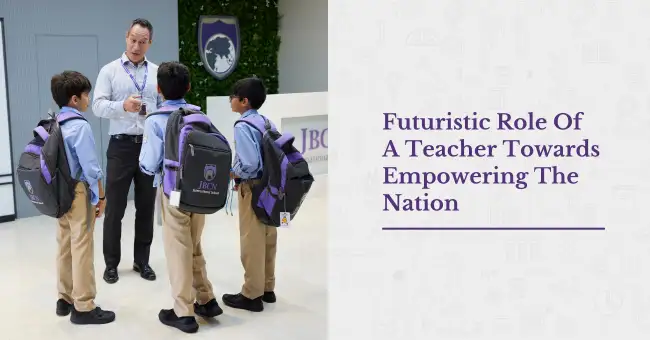
Importance of Preschool education is that it helps in a child’s emotional, social and personal growth and development. When a 3-year-old is able to spend time with adults other that parents they learn to build trusting relationships with adults. Preschool is the first experience of the child in a structured setting, to learn the importance of sharing and learn new things which fosters personal growth.
Although a child learns to talk while at home, in a preschool continuous interaction and exposure with children of the same age group and with teachers helps them to enhance their communication skills. It involves transformation of mental images to languages so that thoughts and knowledge can be transformed into information. Exposure to rich language through role plays, read aloud sessions and stories helps to enhance the child’s vocabulary, thereby promoting language skills.

Importance of preschool education is that in preschool, children don’t just explore their environment but also develop physical coordination skills. Activities involving running, climbing, beading, art and craft help develop hand-eye coordination, and fine and gross motor skills.
As rightly said by Albert Einstein that ‘Play is the highest form of research’ proves right especially with this age group because they learn to find answers to their numerous questions through exploration, experimentation and conversations during guided and scaffolded play in purposeful play environments created by adults. These experiences nurture natural curiosity in young minds and they are always eager to inquire.
Symbolic thought is another important cognitive development that happens during the pre-school years. Symbolic thought is the ability to mentally or symbolically represent concrete objects, actions and events. Examples would be- pretend play or make believe play activities, drawing or representing things and speaking about objects.
Most of our child development theorists have also stressed upon the importance of social, behavioural and cognitive development during early years.It has been researched that when early experiences are positive, consistent, developmentally sound and emotionally supportive, they have positive effects on children’s development and their readiness to learn.
A child who experiences the joy of learning, of discovery and of successfully completing age appropriate tasks at a young age will be more likely to enjoy school later in life and do better academically as well.
Researchers on early education have also shown the importance of preschool education stating that children taught at an early age usually have improved social skills, fewer behavioural concerns and better grades without special attention. Self-confidence gained by learning in a playful manner adds to the personality development of the child.
A quality early childhood education provides children with cognitive, behavioral and social skills they cannot learn at home. Therefore, to build readiness for learning and immerse the child in inquiry based learning, preschool education plays a pivotal role.
Written by,
Ms. Goonjan Kochar
Deputy Head of Pre-primary
JBCN International School, Borivali











